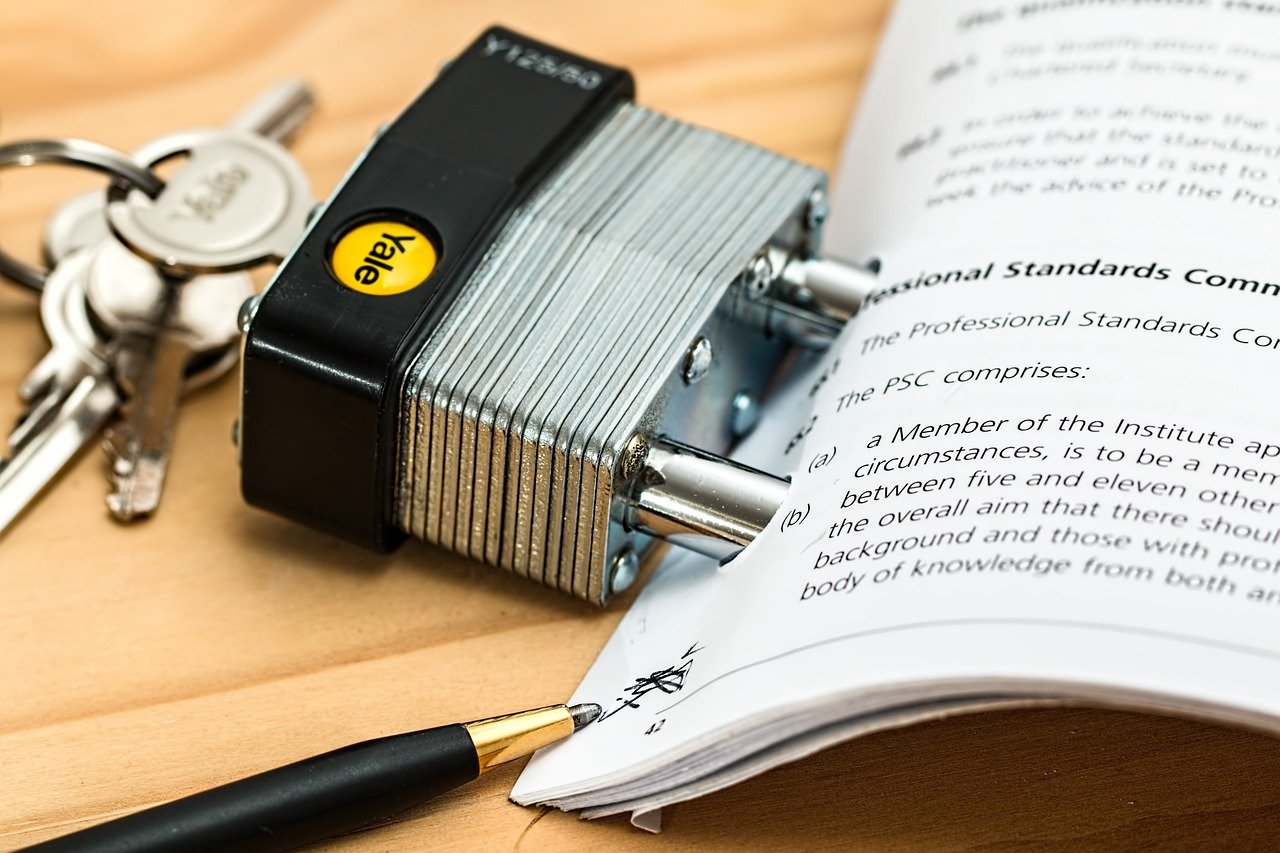Sport England’s #ThisGirlCan campaign has motivated many women to get active. Lisa O’Keefe, Director of Insight, explains the campaign is “about helping women feel confident, so they can overcome the fears about being judged.” By all objective measures it has been a success, but to me the use of the word ‘girl’ rubs like a stone in my running shoes.

Imagine, if you will, a government campaign to encourage adult men to discuss mental health more openly. Over their soy lattes the branding executives settle on #thisboytalks. On release to the public there would be ridicule, anger and fair bit of confusion. Piers Morgan bursts a blood vessel live on Good Morning Britain. Given this it’s fair to ask, why is it acceptable to refer to adult women as girls when men are so rarely referred to as boys?
There is nothing inherently rude about the word woman, and yet many people will say anything they can to avoid the word. Frustrating though it might be, I understand why Sport England plumped for ‘girl.’ ‘Woman’ carries a weight of a sexed adult body. Women get pregnant, women have smear tests, women have ‘women’s problems.’ Women also bear the brunt of blame; in relationships ‘women nag’, on the road we’re ‘women drivers’ and in politics women are ‘bloody difficult.’ All words are weighted, but ‘woman’ and ‘man’ are not evenly balanced. This clearly reflects a wider double standard about the position of women and men in the wider world.

From the pert breasts of the Madonnas hanging in galleries to the female news readers with faces full of Botox, our hyper visual culture makes it clear that aging whilst female is frowned upon. Woven into our psyches and society is the ridiculous notion that if women cease being attractive to men we lose our purpose. Because of this, women are supposed to feel complimented when people underestimate our age or refer to us as ‘girls’ rather than insulted by the assumption that we are juvenile.
But the word ‘girl’ strips adult women of power. The women in lap dancing clubs and the sex industry routinely referred to by punters as ‘girls.’ Women who sit on reception desks are ‘girls’, even talented sportswomen are referred to as ‘girls.’ Interestingly, women in boardrooms seldom are. Offence lies between the intention of the speaker and the ear of the listener, and obviously context matters. Nonetheless, it is always worth asking what a man would be called in similar circumstances?
Civil rights movements have always been keenly aware of the power of language. For example, the use of the term ‘man’ by beatniks and then hippies in the US from the 1950s onward was originally an attempt to show solidarity with the Black struggle for civil rights. It was common for adult Black men to be called ‘boy’ by white people in the U.S. Calling one another ‘man’ was a political acknowledgement of common humanity and a rejection of racist hierarchies (at least in principle). Parallels between different forms of oppression are seldom clean, but nonetheless the historic diminishment of the status of Black men through language and the use of ‘girls’ to describe adult women of all colours is hard to ignore. This isn’t to say the intent is always conscious; inequality is so embedded it often seems normal.

Some skirt around the sexed awkwardness of ‘woman’ and infantilising ‘girl’ by using the euphemism ‘lady’ but this too is a loaded term. Why do women need the veneer of class to make us respectable? It would seem faintly ridiculous to refer to the ‘gentleman at the counter’ or the ‘gentlemen’s changing rooms’ and yet because women are deemed ‘dirty’ at a fundamental level we must be elevated from our bestial natures with the civilising word ‘lady.’
Clearly whether in a pop song or publicity campaign, the intention behind the misuse of ‘girl’ is not to offend. But the fact that ‘girl’, which is such a loaded term, is used so incidentally is somehow even more depressing than if it were a deliberate slur. That women are linguistically reduced to the status of children is just a reflection of the sexist status quo.
When I look at the carefully branded empowering images of the #thisgirlcan campaign I don’t feel inspired to pick up my trainers and splash through the streets in the dark, nor stare into the middle distance on a treadmill. I do feel motivated to action, but more to take to my laptop to say #thiswomanwont








Posted by Matt
30 April, 2020 at 5:20 pm
I couldn't agree more with the points you have made about using "girl" instead of "woman", and also about the use of "lady". As you said, there's nothing rude about the word "woman" and you also made an excellent point about men not being referred to as "boys" or "gentlemen". I would expect that in the 21st century, more people would feel comfortable with using "woman". I have recently started a new job and I have heard typical uses of "girl" and especially "lady", but not "gentleman" or "boy".